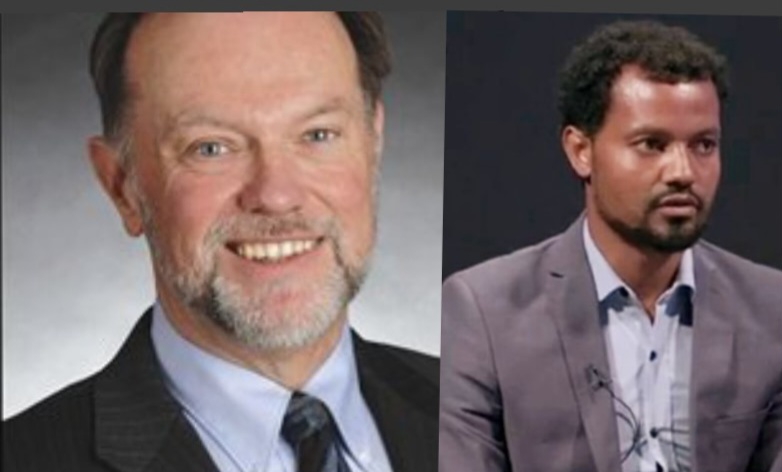Ambassador Tibor Nagy's recent comments on Ethiopia's federal system, as expressed in his interview with Moges Teshome, demonstrate a profound misunderstanding of the country's multinational federalism. His comparison between Ethiopia's federalism and Switzerland's is not only inaccurate but also misleading.
Firstly, Ambassador Nagy's characterization of Ethiopia's federalism as "Ethnic Federalism" is incorrect. The Ethiopian Constitution does not use this term, instead, it establishes a federal system that recognizes the rights of nations, nationalities, and peoples to self-determination. This framework is designed to address the country's rich cultural diversity and promote unity in diversity.
In contrast, Switzerland's federal system is primarily focused on economic distribution and regional autonomy, as Ambassador Nagy correctly noted. However, this is where the similarities end. Ethiopia's federalism is a complex system that seeks to balance the rights of diverse groups, including the right to self-determination, with the need for national unity and economic development.
Ambassador Nagy's comparison ignores the historical and cultural context of Ethiopia's federal system. The country's traditional system of governance was based on a hierarchical, centralized power structure, which marginalized many ethnic and regional groups. The current federal system was established to address these historical injustices and promote greater inclusivity and representation.
Furthermore, Ambassador Nagy's comments overlook the role of the United States, his home country, in supporting the development of Ethiopia's federal system. During the transitional period, the US provided significant assistance to help establish the new federal system, recognizing the importance of promoting democracy, human rights, and self-determination in Ethiopia.
In conclusion, Ambassador Nagy's comparison between Ethiopia's federalism and Switzerland's is flawed and misleading. Ethiopia's multinational federalism is a unique system that seeks to balance the rights of diverse groups with the need for national unity and economic development. It is not simply a matter of dividing poverty or wealth, as Ambassador Nagy suggests, but rather a complex system that requires careful management and negotiation.
It is essential for Ambassador Nagy and other external observers to understand the nuances of Ethiopia's federal system and its historical context. Only through a deeper understanding of the country's complexities can we provide constructive support and guidance to help Ethiopia navigate its challenges and promote greater peace, stability, and prosperity.

No comments:
Post a Comment